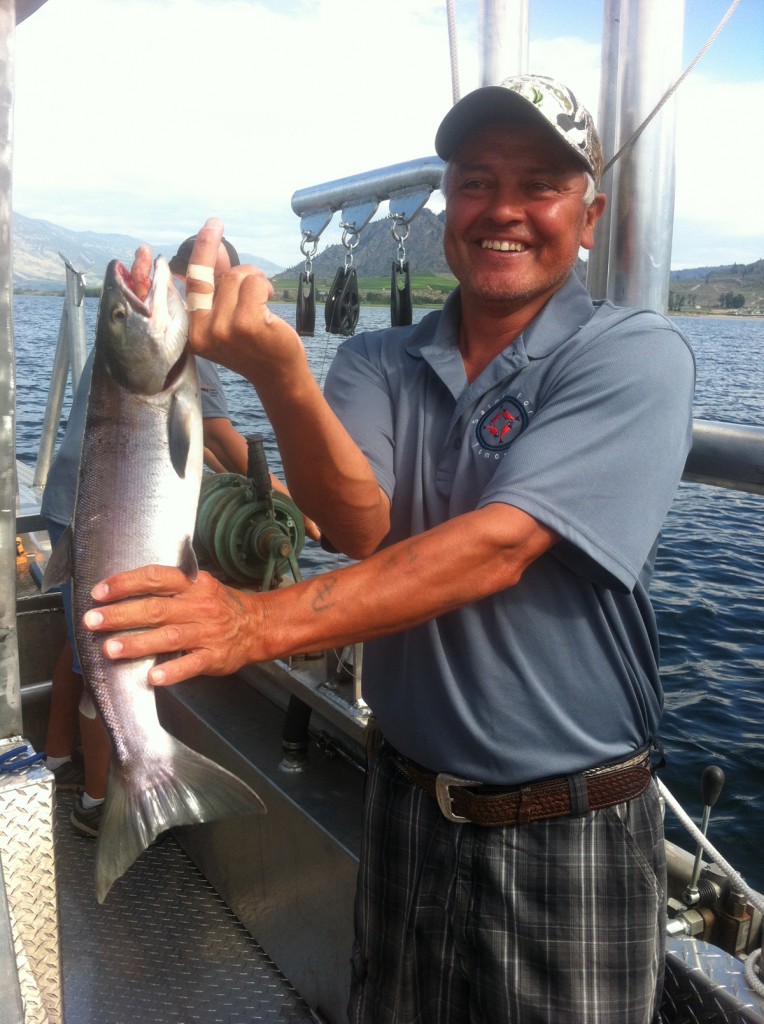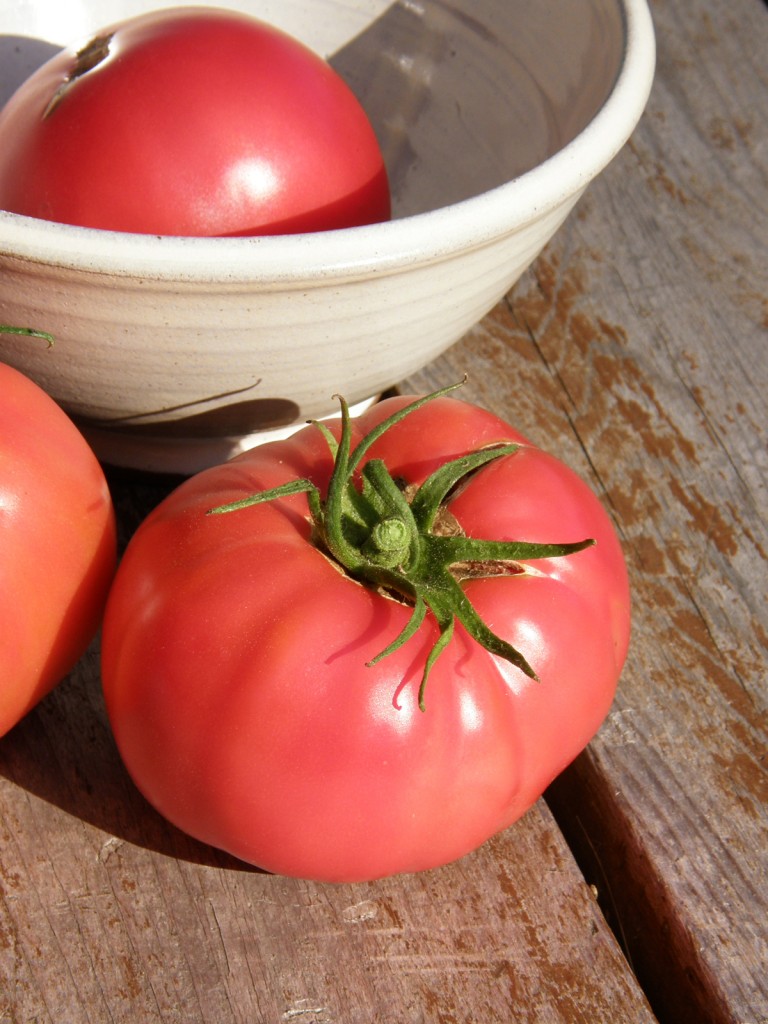Two products recently made their way on the Canadian Ark of Taste which reflects Canada’s vast, diverse landscape of peoples and foods.
First up, the Okanagan Nation sockeye salmon:
Throughout generations, it has been the mainstay for the food and trading traditions between First Nations bands in the centre of British Columbia and United States. Until recently, local sockeye salmon stocks neared extinction due to habitat loss, impassable dams, over-harvest, and climate change. Today, the years of hard work and dedication are paying off: in 2010, for the first time in over 75 years, they had a sustainable population and sockeye runs were in the hundreds of thousands in the Okanagan River upstream of Osoyoos Lake, B.C.
To ensure the sustainability of the salmon and the local ecosystem, fish are handpicked with fish-friendly methods. The Okanagan Nation has only a small artisanal fishery that allocates annually appropriate harvests, respecting community food and social needs. The Nation integrates Chaptikwl (oral history) to integrate traditional protocols today to sustain fishing cultures. The Syilx culture respects the land, leaving portions of carcass to create ecosystem health: the fish waste is returned to the river of origin, the backbones and fish heads are distributed to community for fish soup and portions of fish waste are given as food for eagles and owls for Okanagan restoration recovery efforts.
The peachy orange flesh of the salmon is described as having a perfectly balanced flavor, being equally buttery and light, while at the same time being juicy and refined. It is available fresh from July through until early September. It can be purchased frozen year round, as well in cans.
Another product to have made it on the Ark recently is the Savignac tomato, a reddish pink, juicy and sweet tomato native to the Lanaudière region of Quebec, northeast of Montreal, between the St. Lawrence River and the Laurentian Mountains. The variety is well adapted to Quebec’s cool climate and short summers.
In 1948, Father Armand Savignac, cleric of Saint-Viateur at the Seminary of Joliette, obtained the seeds through Raymond Dufresne from Saint-Felix-de-Valois. He was so impressed by the vigor of the plants that he abandoned all other cultivars in order to devote himself exclusively to the cultivation of this tomato. He named it in honour of the man who had given him the seeds. It is for this reason that is also known as the Dufresne tomato. At the time, attitudes strongly encouraged the use of chemical fertilizers and synthetic nutrients in agriculture. These methods did not fit in with Father Savignac’s values, so he cultivated his fruits and vegetables using organic methods.
Orchardists in the area have said that the tomato variety has been in the Montreal area since the 18th century and was common until around 1950. Today, there are currently only two seed companies producing the Savignac tomato and consequently the variety is at high risk of being lost. Slow Food Lanaudière, in collaboration with Jean-François Lévesque of Jardins de l’Écoumène, is working to revive the variety.

